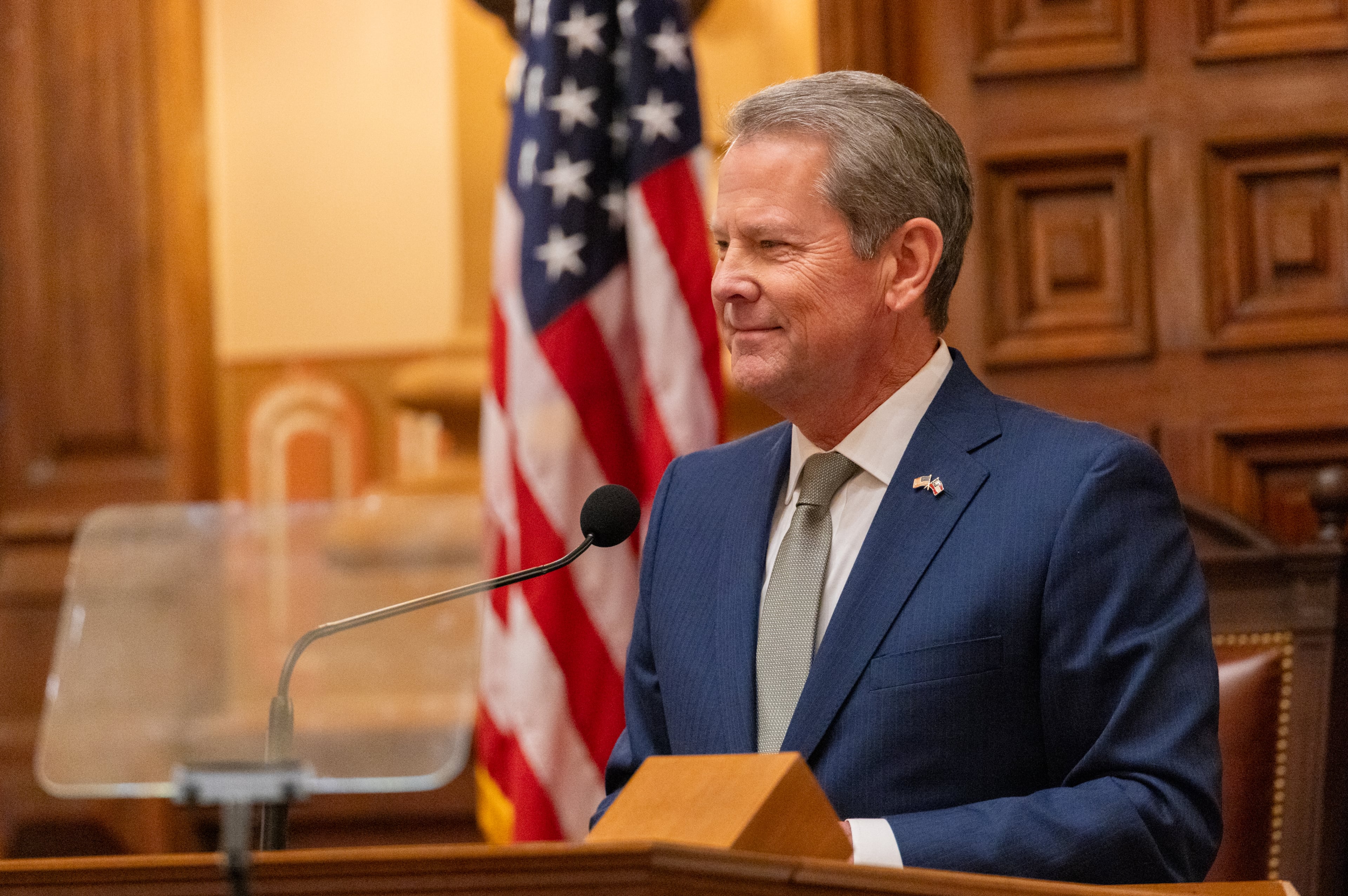Family and nature point the way home in stories rooted in the South

The concept of home means different things to different folks. For some, it’s where they’re from or where they live. For others, home isn’t a physical location but is defined by family. For the characters in Atlanta native Carrie R. Moore’s moody, evocative debut collection of stories “Make Your Way Home, it is a complicated combination of geography and genealogy that tethers the past to the present.
Nobody feels the pull of history more than Ever, a man who returns to Austin, Texas, for his twin sister’s wedding in the opening story, “When We Go, We Go Downstream.” As Ever watches his disparate family gather to celebrate his sister’s nuptials, he reflects on the legend of a “marriage curse” passed down by his enslaved ancestor Elijah. As wedding complications escalate, Ever’s melancholy mushrooms, leaving him to wonder if either he or his sister will buck the trend like their grandfather — the only descendant of Elijah’s with a successful long-term union.
Another sibling connection carries the story in “All Skin is Clothing” when a Louisville, Kentucky, family, who moves to a safer neighborhood following a drive-by shooting, discovers affluence doesn’t guarantee security. As 6-year-old Brayden’s big sister teaches him how to maneuver through an unfamiliar part of town, Moore’s depiction of his struggle to decipher where he fits in is a tender rendering of childhood bewilderment.
There is an undercurrent of dissatisfaction in these stories, a pervasive tone that conveys the objective each character is grasping for — be it love or acceptance or survival — is just out of reach. Although the characters don’t overlap in these 11 tales, the stories are thematically linked by a quest for home usually accessible via the natural world.
Moore provides insight into the human condition by illustrating how her characters intersect with nature. Brayden has an encounter with a creek that makes “his sister who hadn’t even cried when the bullet soared above their heads” shed tears. Ever spends hours driving back and forth from his grandfather’s house to the wedding venue, studying the terrain. En route, he contemplates what it was like for Elijah to travel on foot across the same land as he escaped enslavement and ran toward freedom — only to be caught and forced to return.

Many of Moore’s characters can’t ignore the past and through their modern-day reflections, the author brings history to life. In the poignant “Gather Here Again,” Damonia is an aging grandmother in Charlottesville, Virginia, who cares for her grandchildren while protests and civil unrest rage nearby.
Damonia tries to assuage her grandkids’ worries by telling them how, when she was young and living on a farm, her family survived being terrorized by racists. Her story only increases their unease, and the children fear for her safety when she ventures outside to weed her garden — ignoring the blaring sirens and rampant uncertainty brewing in the streets.
But working the land stabilizes Damonia, who anticipates death and relishes one last opportunity to revisit her past through the soil.
“Cottonmouth” is the shortest yet one of the most impactful narratives in the collection. It opens with a riveting description of nature gone awry: “The summer momma and I share pregnancies, the cottonmouths come crawling out of the marshes,” observes Florida teen Twyla, whose identity is tightly intertwined with her mother’s. Even something as individual as morning sickness is a shared experience for Twyla, who reports, “We’re always sick, trading off days when our feet ache and our breasts throb.”
The concept of being separated from her mother is inconceivable, and Twyla refuses to disclose the father of her baby — lest she be forced to move out and form her own family. The story crescendos in a tense scene where Twyla uses the snakes to prove she is worthy of her mother’s love.
“Cottonmouth” isn’t the only narrative that thoughtfully explores how family and nature intersect with women’s issues. There are five characters who struggle with reproductive complications in these 11 stories, three of which concern pregnancy.
In “How Does Your Garden Grow,” Claire suffers from painful fibroid tumors and grapples with her mother’s history of cancer as she decides on a medical treatment. She doesn’t even consider her matrilineal tradition of natural botanical healing after those remedies failed to save her mom.
While Claire rejects her family legacy, Twyla’s strives to emulate her mother’s example. In “When We Go, We Go Downstream,” Ever hopes for a change in the trajectory of his family’s “marital curse,” as Damonia in “Gather Here Again” tries to pass on her family’s heritage of resistance to her grandchildren.
The characters in Moore’s stories have drastically different responses to their individual complications, be it history, love, motherhood or pain. But as the collection comes together, what begins as a study of contrasts emerges into a cohesive statement on shared humanity.
In the author’s note, Moore reveals her aim in “Make Your Way Home” is to explore how “Black people live fully, despite painful histories.” In a rousing passage, she details why she built the foundation of her collection of independent stories on the connection between geography and genealogy. “Place allows history to accumulate layer by layer, every story written atop another, the ink showing through,” Moore explains before serving up a melancholic collection that beautifully achieves her objective.
FICTION
“Make Your Way Home”
by Carrie R. Moore
Tin House
336 pages, $17.99
AUTHOR EVENT
Carrie R. Moore. In conversation with Rickey Fayne. 7 p.m. Aug. 2. Free. Brave & Kind Bookshop, 722 West College Ave., Decatur. 470-440-5714, www.braveandkindbooks.com


